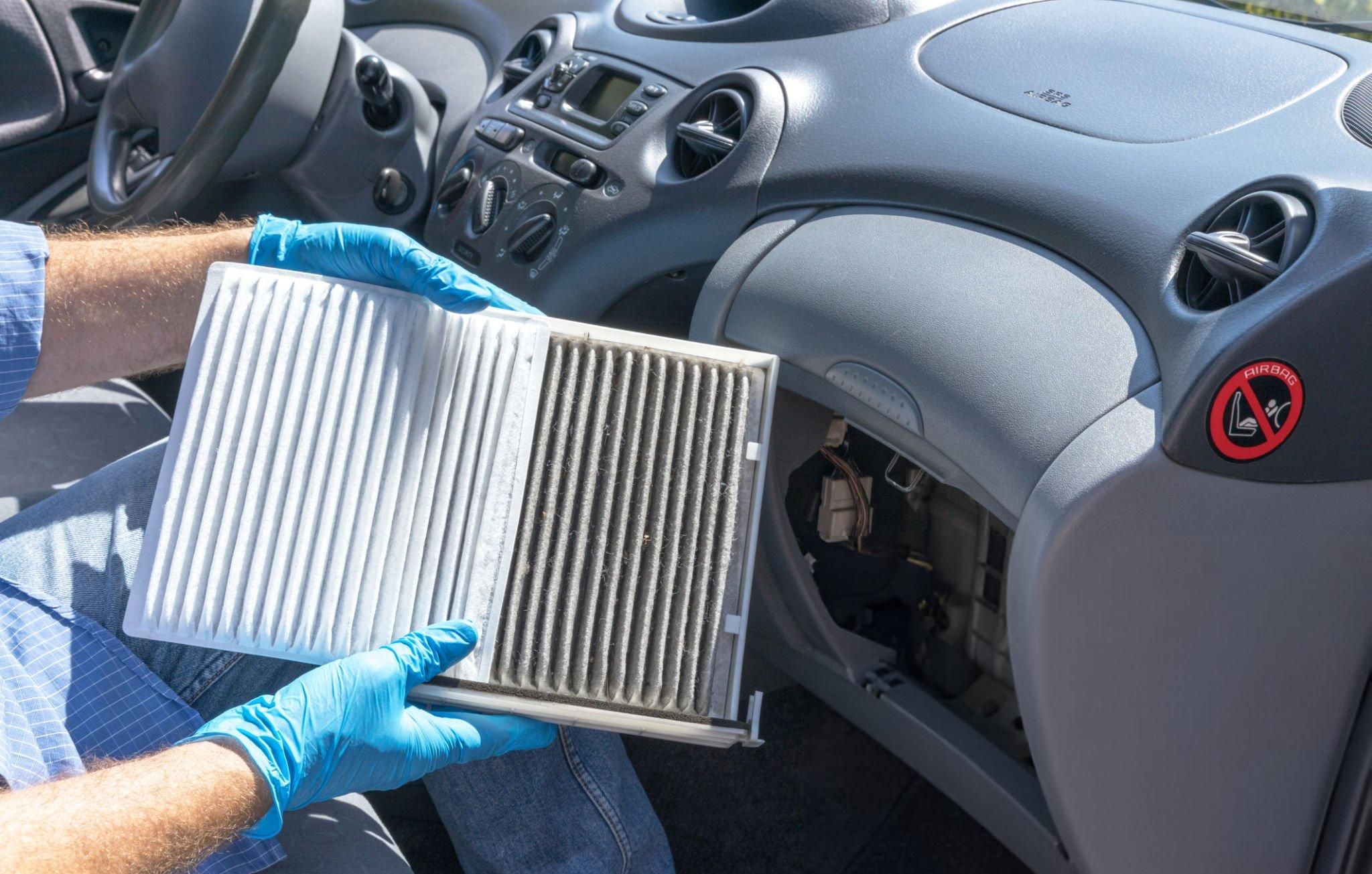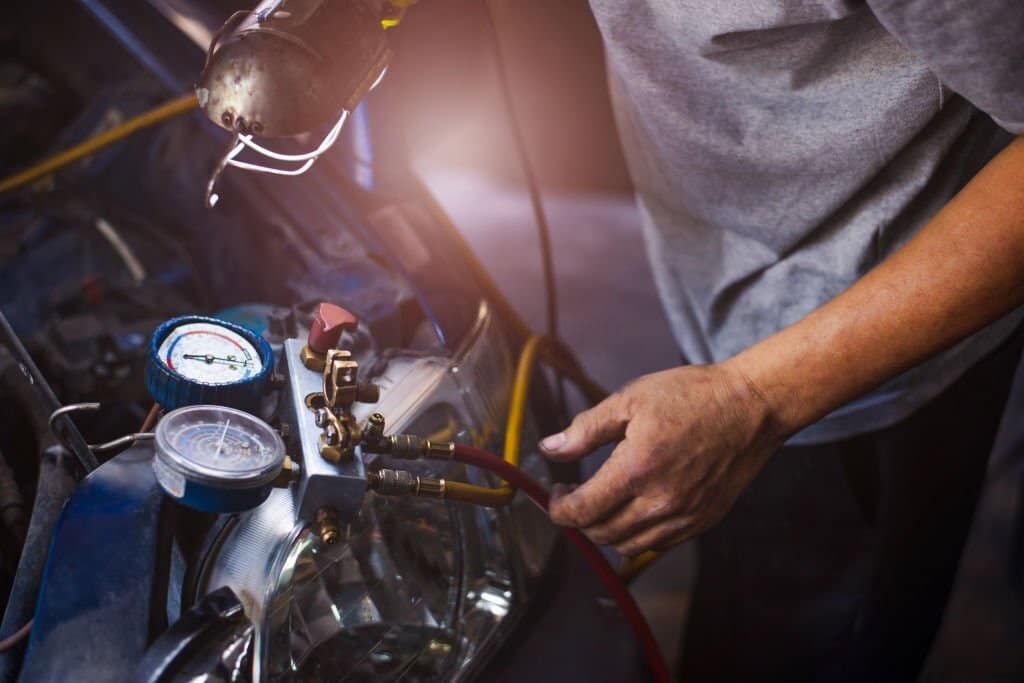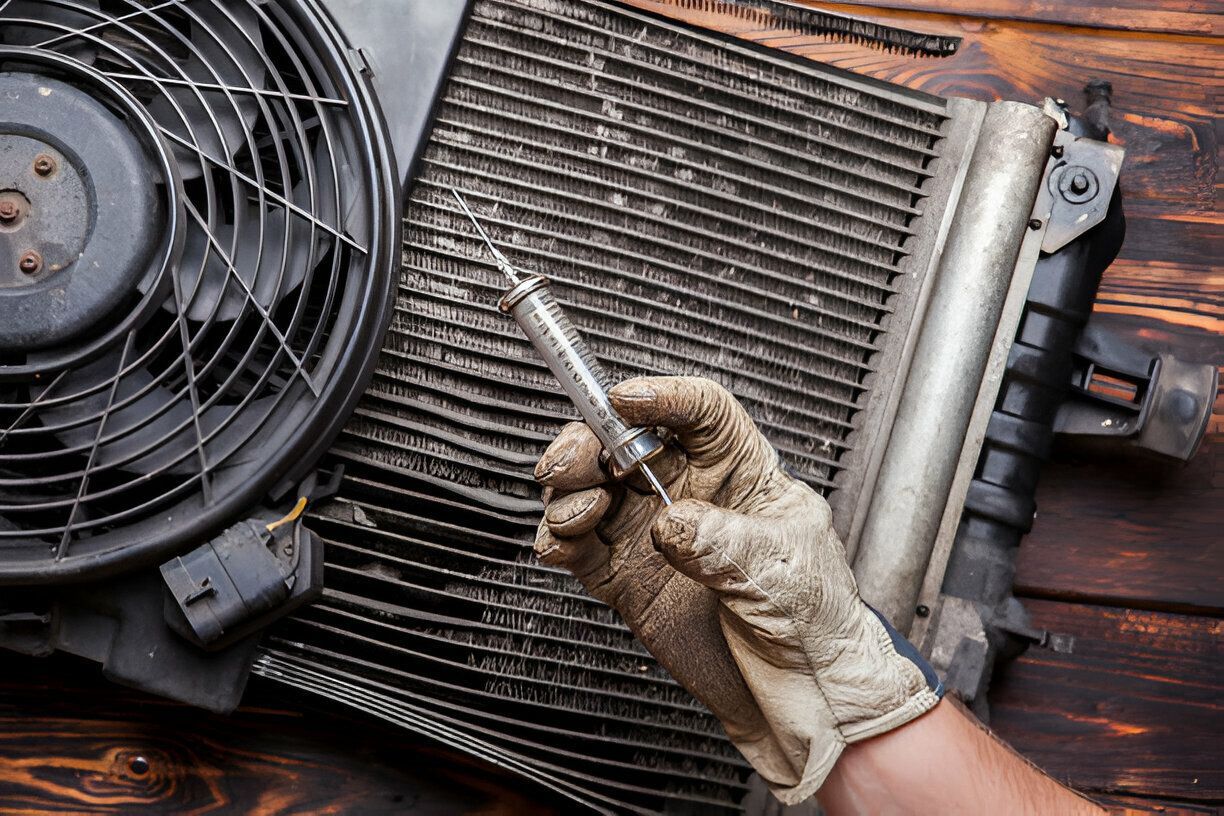5 Common Signs of a Bad AC Evaporator in Your Car That You Shouldn’t Ignore
When your car’s air conditioning isn’t working as it should, it can be more than just a summer inconvenience—it might be a sign that something serious is going on under the bonnet. One key component often overlooked is the AC evaporator. It plays a vital role in keeping your car cabin cool and comfortable. If this part begins to fail, your AC system won’t work effectively, leaving you with poor airflow, unpleasant smells, or even complete cooling failure.
So, how do you know if your car’s AC evaporator is on its way out? Here are five signs that could indicate it’s time for a replacement.
1. Weak or Warm Airflow from the Vents
One of the first and most noticeable signs of a failing AC evaporator is reduced airflow, or air that isn’t as cold as it should be. If you’ve turned your AC up high but still feel like you’re getting barely any cool air, your evaporator might be the problem.
This key part of the air conditioning system absorbs heat from inside the car and helps release cool air through the vents. When it becomes damaged or clogged, it can no longer cool the air efficiently. This often leads to uneven cooling or warm air, even if the rest of the system seems to be working properly.
2. Unusual Smells Coming from the Vents
A musty or sweet odour blowing from the air vents could also signal a bad Air Conditioner Evaporator. Over time, moisture can build up inside the evaporator core, creating the perfect environment for mould and bacteria to grow. This buildup leads to unpleasant smells each time you turn on the air conditioning.
In some cases, the sweet smell could even be coolant leaking from the evaporator. If you notice this kind of odour, it’s important to get it looked at sooner rather than later—it could indicate both a health risk and further damage to your car’s cooling system.
3. Visible Coolant Leaks or Damp Carpet
The AC evaporator is located inside the dashboard, which means any leak from it might show up as moisture or coolant pooling underneath your car’s floor mats. If you notice damp spots or sticky patches inside the cabin, especially under the passenger seat or near the firewall, there’s a chance your evaporator is leaking.
A leaking evaporator won’t just affect cooling—it could also damage interior components over time. It’s wise to act quickly and source the right AC parts online to prevent further complications.
4. Loud Noises When the AC is Running
Another common sign of a bad evaporator is strange noises coming from your vents or dashboard when the air conditioner is on. Clicking, hissing, or gurgling sounds could suggest that air or coolant is struggling to pass through a blocked or faulty evaporator coil.
While some noises can be harmless, ongoing or loud sounds should never be ignored. A faulty evaporator might also cause the blower motor to work harder, eventually leading to further part failure. If you’re unsure where the issue lies, it’s worth checking in with trusted AC parts suppliers to find the correct solution.
5. AC System Frequently Switching Off or Not Cooling at All
If your air conditioning cuts out randomly or stops cooling entirely, the evaporator could be the culprit. Some modern vehicles are designed to automatically shut off AC functions when they detect pressure or temperature issues in the system. A bad Air Conditioner Evaporator can disrupt both.
Frequent AC cut-offs or inconsistent performance are red flags that shouldn’t be brushed aside. Replacing the evaporator may be necessary to bring back reliable cooling and prevent wear on other components in the system.
Final Thoughts
Your car’s AC system does more than just keep you cool—it contributes to a safer, more comfortable drive. Recognising the signs of a bad AC evaporator can save you from bigger repairs and sweltering road trips. From odd smells to leaking coolant, these early warning signs give you the chance to act quickly and protect your vehicle.
If you’re noticing any of the issues listed above, don’t put off the repair. At Cool Car Air Conditioning, we’re here to help you get back on the road with confidence. Visit our website to browse quality AC parts online, get in touch with trusted AC parts suppliers, or simply ask us what part suits your car best.
Reach out today—your comfort is just one fix away!








